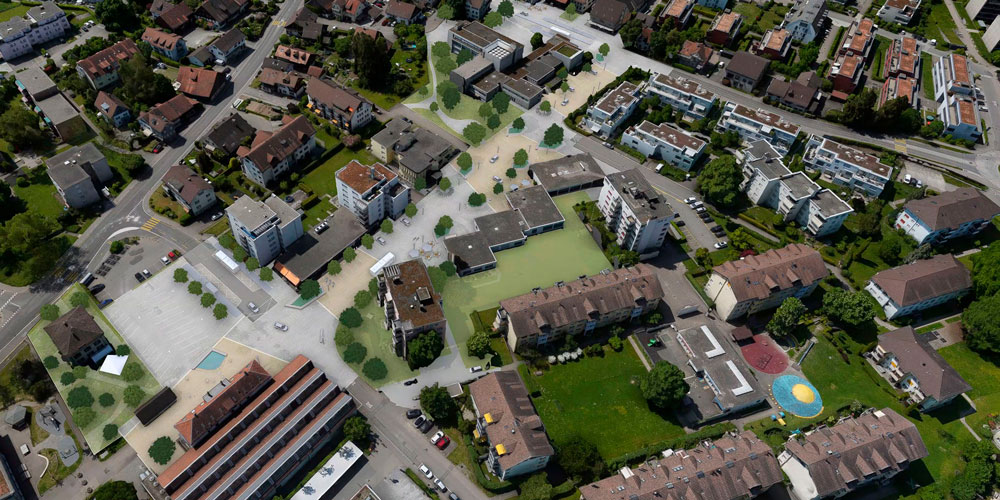Intelligent building technology thanks to shared innovation

Smart Buildings versprechen Energieeffizienz und nachhaltige Komfortsteigerung. Bouygues Energies & Services engagiert sich stark in der Entwicklung solch intelligenter, vernetzter Gebäude. Die Empa, eine Forschungsinstitution des ETH-Bereichs, liefert dabei Daten und Erkenntnisse und bietet mit dem NEST ein einmaliges Testgelände für innovative Tools und Methoden.
Today, real estate has to meet a multitude of requirements. As a significant driver of CO2 emissions in Switzerland, they play a central role in Swiss climate and energy policy. The requirements for economical and efficient energy use in buildings are correspondingly high. On the other hand, there are ever-increasing demands for safety and comfort on the part of the users – with a simultaneous reduction in the complexity of the application. One component for solving these sometimes seemingly contradictory requirements lies in the digital networking of sensors and devices in buildings.
Valuable partnerships as innovation drivers
The cooperation with the Swiss Federal Laboratories for Materials Testing and Research (Empa) in Dübendorf is proving to be an extremely valuable and fruitful partnership with regard to the development of intelligent and sustainable buildings. In the modular research and innovation building NEST, Empa develops and tests technologies, systems and materials together with partners from research, industry and the public sector.
Bouygues Energies & Services supplied prefabricated HVAC components as part of the NEST unit HiLo (“High Performance – Low Emissions”). Using Building Information Modelling (BIM), a factory and assembly plan including manufacturer’s specifications were created, allowing materials to be ordered directly from the model. In the NEST unit “Sprint”, Empa has successfully put circular construction and “urban mining” into practice. Recycled materials and components were used to create flexible office space in a very short time, while conserving resources.
In the field of predictive control, learning algorithms enable considerable energy savings compared to conventional, rule-based control algorithms, while at the same time increasing the comfort and user-friendliness of building systems.